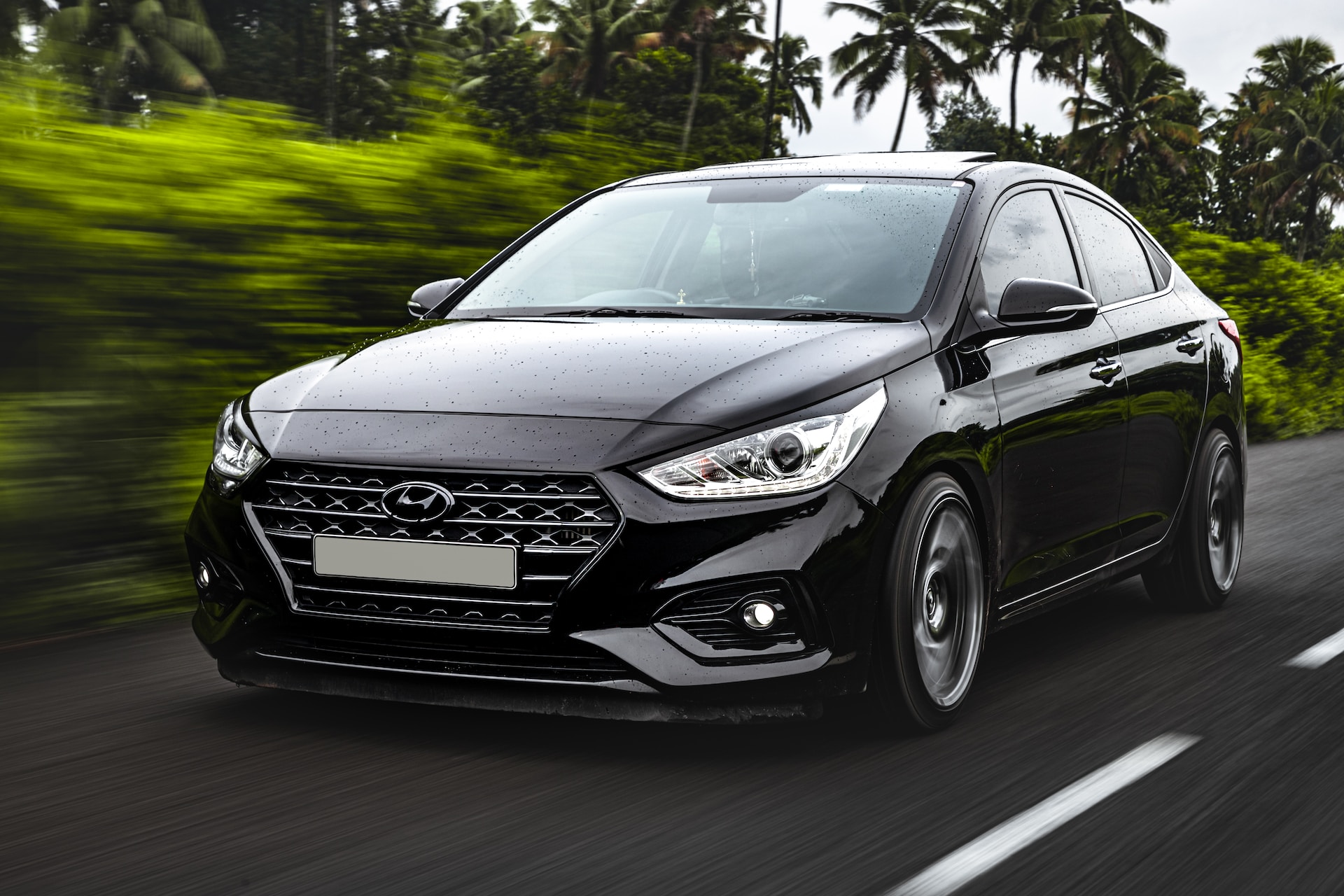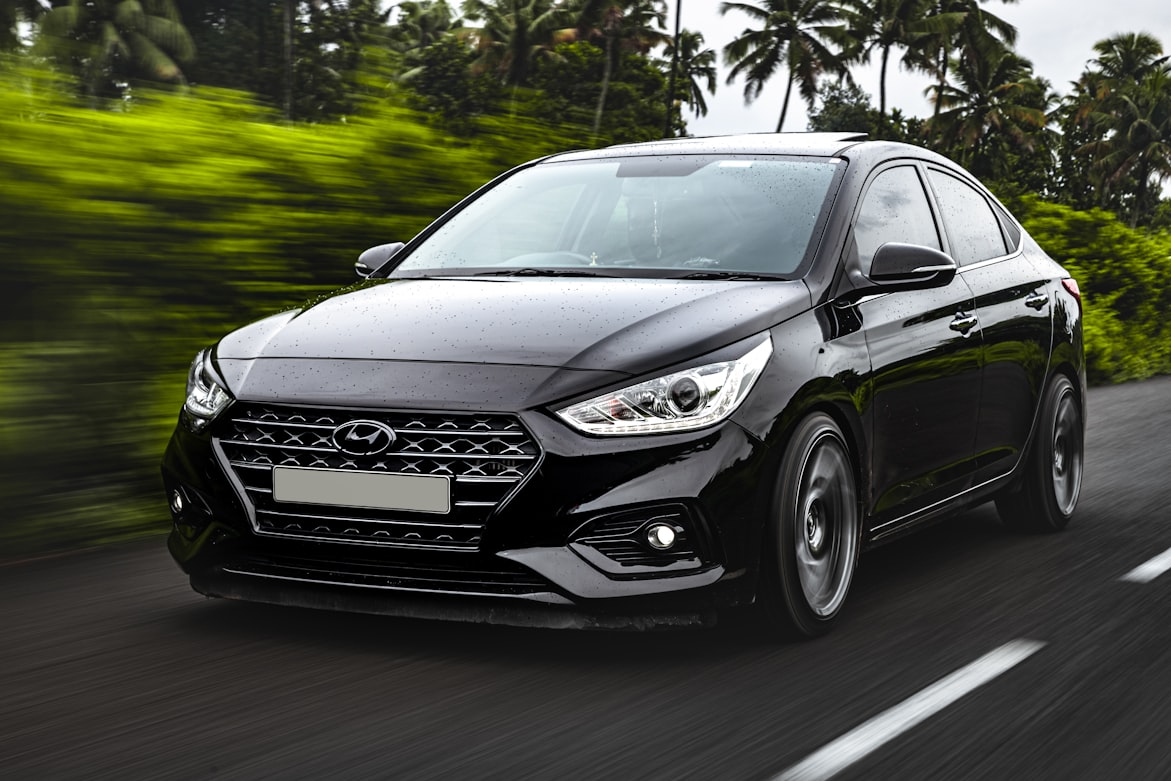
You’ve finally found the car of your dreams. It has every feature you want, and it’s within your budget. Only one question remains: will you purchase or lease it? This decision is even more critical with tax season looming. Still, like most important decisions, both choices have their pros and cons.
Business Vehicle Tax Deductions
Before jumping into the pros and cons of financing versus leasing, let’s explore the basics of available tax deductions for business vehicles. There are two tax deductions for these: the standard mileage deduction and the actual expenses deduction.
The standard mileage deduction allows you to claim miles you’ve driven for your business on your federal taxes. Each year, the IRS announces a new standard mileage rate; for 2023, this rate is 65.5 cents per mile driven. So, if you drive 10,000 miles for your business, you can deduct $6,550.
Business miles are any distance traveled while running your business or working. Grocery shopping or going to the movies doesn’t qualify for the mileage deduction. Similarly, your daily commute doesn’t count toward your business mileage total.
The actual expenses deduction means you must calculate the sum of all your vehicle expenses. These expenses may include lease payments, auto insurance, gasoline, maintenance, and tire purchases. Then, you multiply the sum by the portion of the vehicle you used for business.
So, for example, if 50% of the miles you put on your car during a year were for business purposes and your total expenses were $10,000, you’d multiply $10,000 times 50%. In total, your deduction would be $5,000.
When using the actual expenses deduction, it’s important to note that you may deduct the cost of monthly lease payments only if you sign a standard lease. You can’t claim a deduction of lease payments if you sign a lease-to-own contract.

Advantage #1 of Financing Your Business Vehicle: Flexibility of Tax Deductions
There are different tax advantages for both financing and leasing. One of the most critical advantages of financing a vehicle is the flexibility you get when you purchase a vehicle outright versus leasing it. When you buy a vehicle, you can swap between the two vehicle deductions (standard mileage and actual expenses).
But if you lease your vehicle, you must stick with whichever deduction you select in your first year. Even if you renew your lease, you’ll have to use the method you chose on the lease’s first iteration. So, if you want the flexibility to fluctuate between the deduction you use, financing is your best choice.
Advantage #2 of Financing Your Business Vehicle: Depreciation Deduction
Another tax benefit you gain from financing your vehicle over leasing is that it’ll qualify for the depreciation deduction. Only purchased cars qualify for this deduction, and you must use the actual expense deduction to utilize the depreciation deduction.
Typically, you determine how much of your care depreciated over the year using the modified accelerated cost recovery system (MACRS). Note it doesn’t matter if you pay cash upfront for your vehicle or have a monthly payment; your vehicle’s depreciation is tax deductible through the actual expenses method. However, this depreciation deduction changes every year. For 2023, the maximum amount of depreciation you can claim on your vehicle is $20,200.
Advantage #3 of Financing Your Business Vehicle: Cost To Own
One of the main financial advantages of financing a car over leasing is that you’ll own your vehicle at the end of the loan. You can often purchase a vehicle, even after leasing it, but you’ll pay more than if you had financed the vehicle, to begin with.
Advantage #1 of Leasing Your Business Vehicle: Less Upfront Costs
Generally, upfront costs are significantly less when you lease a vehicle than when you purchase it. You’ll need to stay within your lease’s terms for wear-and-tear and mileage, but if you do this properly, you can significantly reduce costs compared to buying the same vehicle.
When you purchase a vehicle, you typically pay a 10-20% down payment, plus taxes, registration, and fees. Conversely, when you lease a car, you pay a smaller down payment — sometimes zero — as well as the first month’s payment, a refundable security deposit, and other fees.
Not only will you need less of a down payment, but you’ll also likely have smaller monthly payments under a lease compared to an auto loan. You’re paying the purchase price spread out over the loan’s term when financing. On the other hand, with a lease, you’re paying for the vehicle’s deprecation during the lease term. As such, you may likely pay less per month than when financing. Additionally, your lease may provide you with reduced maintenance expenses if it covers the cost of routine services, such as oil changes.
Advantage #2 of Leasing Your Business Vehicle: Electric Vehicle Expenses
Several financial incentives exist for purchasing a new electric vehicle, including a federal tax credit and state-sponsored rebates in certain states. Still, first-year depreciation is steeper for electric cars than for their gas-powered counterparts.
Moreover, the batteries that power electric vehicles degrade over time and are a massive expense if they ever need to be replaced. So, if you want an electric vehicle, you may be better off in the long term with leasing rather than purchasing despite the available tax incentives.
Finance or Lease Your Next Vehicle at Dublin Hyundai
If you’re looking for a new or pre-owned vehicle in Dublin, Hayward, or San Ramon, California, look no further than Dublin Hyundai. We pride ourselves on our extensive selection of new and pre-owned Hyundais so that we can find the ideal vehicle for you, no matter your needs. But our service doesn’t stop there.
We also have an expert finance department to help you determine whether financing or leasing is your best option. Our friendly finance team will help you enter into the right finance program at the most competitive rates. Plus, you can use our payment calculator to estimate your buying power and monthly payments.
Contact us online, call 925-803-7700, or stop by in person at 6015 Scarlett Court in Dublin, California.
Image by Ajoy Joseph is licensed with Unsplash License





